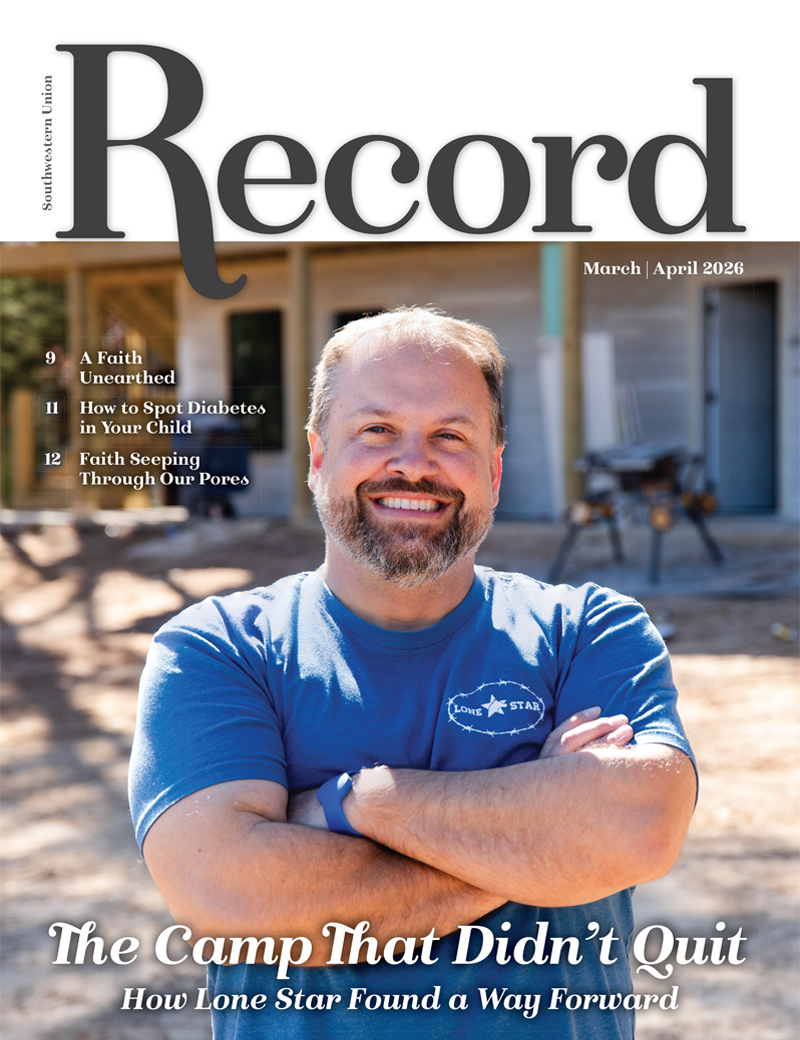Education by Design

Sitting in a classroom at Keene Adventist Elementary School, young Carol Campbell fell in love with learning when her history teacher integrated current events with what was in the textbook. Today, as Vice President for Education at the Southwestern Union, Campbell is encouraging a new generation of teachers to equip students to serve in this world and be ready for eternity.
One of the first things Campbell did upon taking up leadership in the Southwestern Union six years ago was to develop a mission statement for the Education Department: “Collaborating for learning excellence through faith and service.” With this mission in mind, she led in developing the Education by Design framework. Part of this framework is seven C’s that students are prepared to be proficient in: connection to God and others, citizenship, collaboration, critical thinking and problem solving, creativity and innovation, communication and character. According to the departmental booklet Education by Design: Our Story, these seven C’s “serve as a thread that weaves together the parts of our story.”
Measuring results is a big part of Campbell’s education plan. “We want to be purposeful and intentional,” says Campbell, “about reviewing where we are and where we’re going.” In fact, the continuous school improvement that results from all this data gathering is one of Campbell’s primary three goals. The other two are academic excellence and leadership.

With the intention of retaining teachers at a time when public and private schools are both struggling to staff enough educators, the Education Department focuses a lot of energy on the continuous training of their teachers. In fact, one of the four staff members in the Education Department, Associate Director of Education Renee Whiting, is tasked with the job of coaching and training teachers throughout the Southwestern Union. Using a 360-degree meeting camera called the Meeting Owl, Whiting is able to make virtual classroom visits to help teachers grow in their educational skills.
“We’re continually focused on creating excellence in schools,” says Campbell. “Academic excellence is key. We want to be intentional about identifying what really matters for academic excellence.” However, in the pursuit of academic excellence, spiritual learning is not lost. “We’re very intentional,” says Campbell, “about using our faith as the lens through which we study.”
Campbell encourages all church members throughout the union, even those whose own kids have already finished their educational journeys, to support Adventist education. You can contribute through financial donations or by volunteering at a nearby school. You can also support the mission by speaking up for Adventist education when talking with those making decisions about their children’s schooling.
Together, we can all prepare the next generation to live lives of excellence through faith and service.
By Lori Futcher, Record Writer


